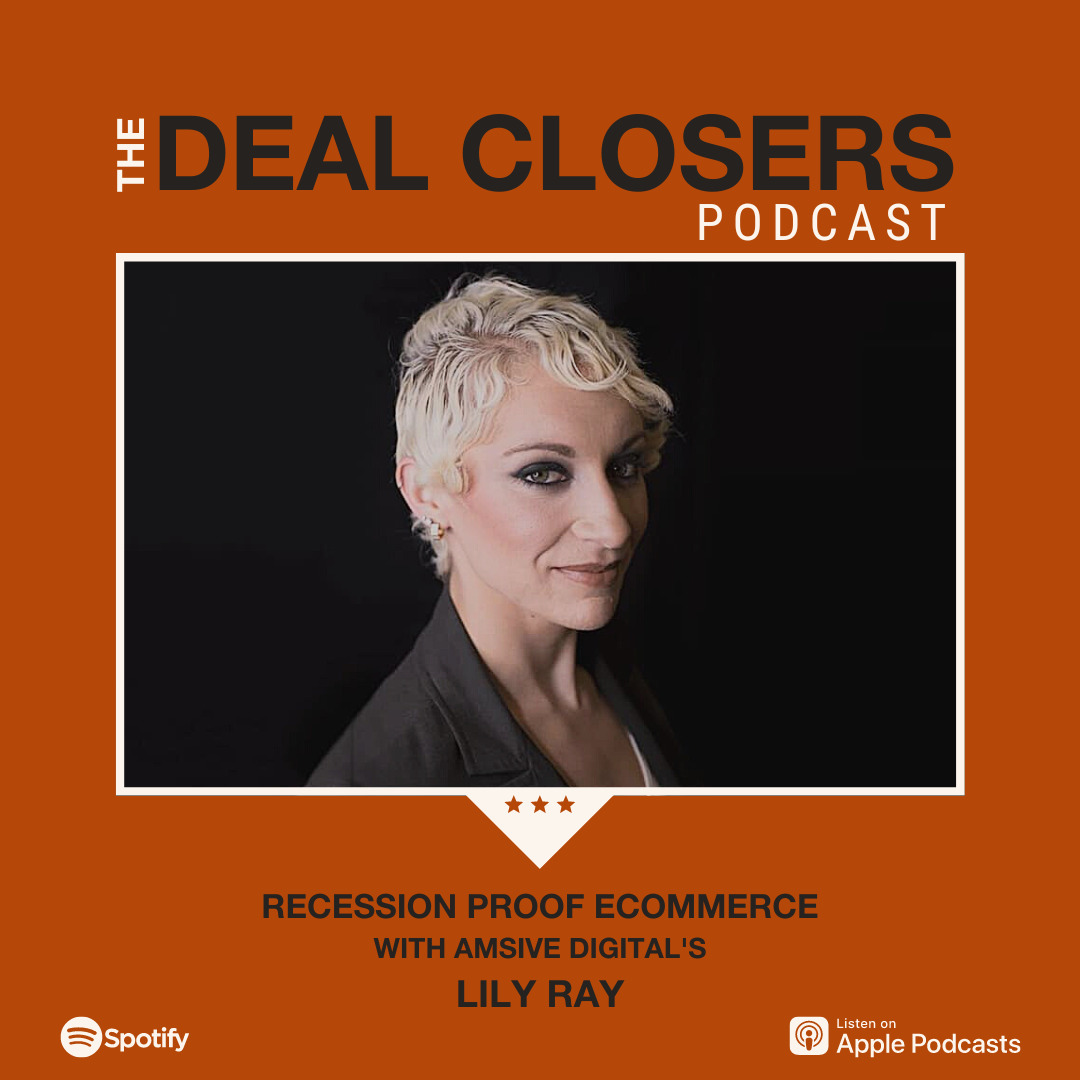
It is difficult to pinpoint precisely the exact reason why recessions occur. Recessions disrupt the balance of supply and demand, leading to a significant decline in economic activity which lasts months. Rather than letting your money sleep in the bank, spending it or investing it before it loses its value is better.
However, low demand and high inflation rates usually lead to recessions, causing economic problems. This discourages demand, leading companies looking to cut costs sometimes laying off employees.
Is e-commerce recession-proof? No online business is safe from a recession. For e-commerce businesses, there will be a noticeable drop in sales, especially for non-essential items. This makes it important that you recession-proof your business because people will have less money – there are fewer jobs in the market, pushing people to cut back on their expenses.
Consumers become price-sensitive and tend to look for cheaper alternatives and better discounts. This is where e-commerce businesses prosper because it is easier to navigate discounts and deals through online stores. The competition, however, will be brutal for a new and small business since larger companies have the bandwidth to offer better deals without hurting their margin.
E-commerce companies are better equipped to navigate a challenging economic climate than brick-and-mortar stores in a recession because the operating expenses are less. However, a decrease in sales would still mean cutting back on costs such as marketing expenses which leads to lower engagement and visibility.
It is easier to manage a recession for e-commerce because it is easier to adjust business operations when the economic conditions are challenging to navigate. Examples of recession-proof strategies include the following:
Leveraging technology is critical in securing stability and growth during an economic downturn. It will be a tool that will help recession-proof e-commerce business operations and activities in today’s volatile economy. Here’s how you can leverage technology for your business in a recession:
Search Engine Optimization (SEO) is one of the best tools to improve traffic in your website, enhancing your market reach and visibility. It is one of the best recession-proof sales strategies for business owners and their sales teams to keep their businesses competitive in an ever-evolving market.
Here are marketing strategies that use SEO for tough economic times:
Expanding to new markets is a long-term business strategy vital for any ecommerce business. This will grow the business operations, and consumer base, and generate more income. You could either be going international or targeting a particular market, age, or gender for expansion.
Researching to understand the preferences and purchasing behavior of your new target market is essential, making sure that your product or service will resonate well with them.
Understanding the market landscape is crucial in aligning products and services with local needs. Implementing all that data to the blueprint your business and your team used to establish your business in the current market it is currently doing well in, will help make a smooth transition, ensuring that the business will be prepared to enter a new environment.
Financial management in e-commerce is all about handling your money wisely so your business can grow. It includes budgeting and ensuring there is enough cash to pay for inventory, shipping, and marketing.
Cash flow is simply the process of how money comes into your business and how it is spent. Any business needs to have a healthy cash flow (positive net cash during a period), which can be very challenging in times of great recession.
Effective financial management enables a company to continue its operations, pay all of its debts and expenses while still earning a profit, and optimize investments including diversifying through assets like Real Estate Investment Trusts (REITs), which are crucial for ecommerce business growth and an essential tool for a business to become recession-proof.
How do REITs fit into a recession-proof investment strategy? REITs are like buying stocks in the stock market. As online shopping grows, companies need more space to store products. REITs are an income-producing real estate investment that focuses on investing in properties like warehouses, distribution centers, and data centers that online businesses need to operate.
These investments can generate dividends without the need to purchase any property, contributing to cash flow stability, especially during slow sales periods.
Post-recession gives ecommerce the opportunity for growth. While changes in the economy change customer behavior, it also allows businesses to adapt and innovate to maximize profitability. Post-recession changes the dynamics of the market, requiring business operations to readjust. While understanding the current market conditions is crucial, it is still essential to strengthen the online presence of an ecommerce business, it is a race to determine which will be able to gain the most amount of traffic, which might lead to a complete control of the market.
While post-recession poses a more significant opportunity to gain new customers to increase revenue, it is still important to retain customers. Expressing gratitude to customers fosters loyalty and gives a sense of community. The better your relationship with your customers, the more intrigued new customers will be to try out your business. Staying informed about the latest trends provides valuable insights on how to re-adjust strategies to remain competitive in the market. As the economy recovers, those well-prepared will be the ones sitting on top.
In times of economic uncertainty, ecommerce businesses can remain resilient all while focusing on essentials, remaining competitive, and retaining customers. Technology and effective financial management ensure the business remains visible and efficient. All while preparing for the next economic upturn.